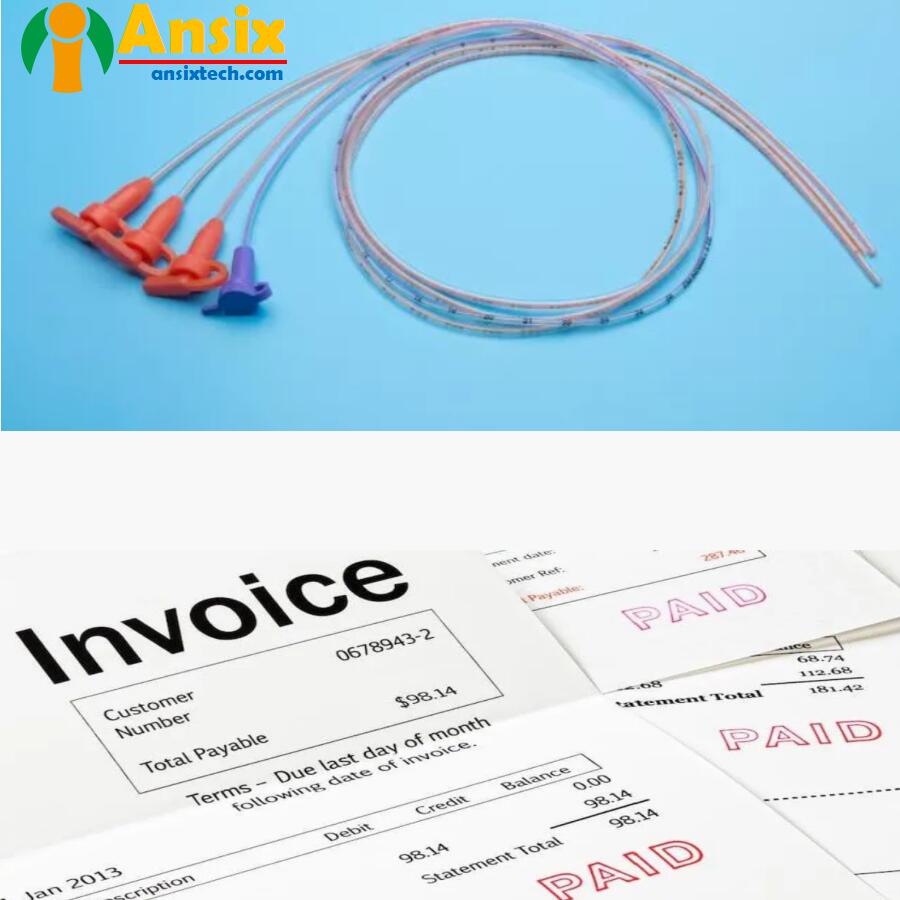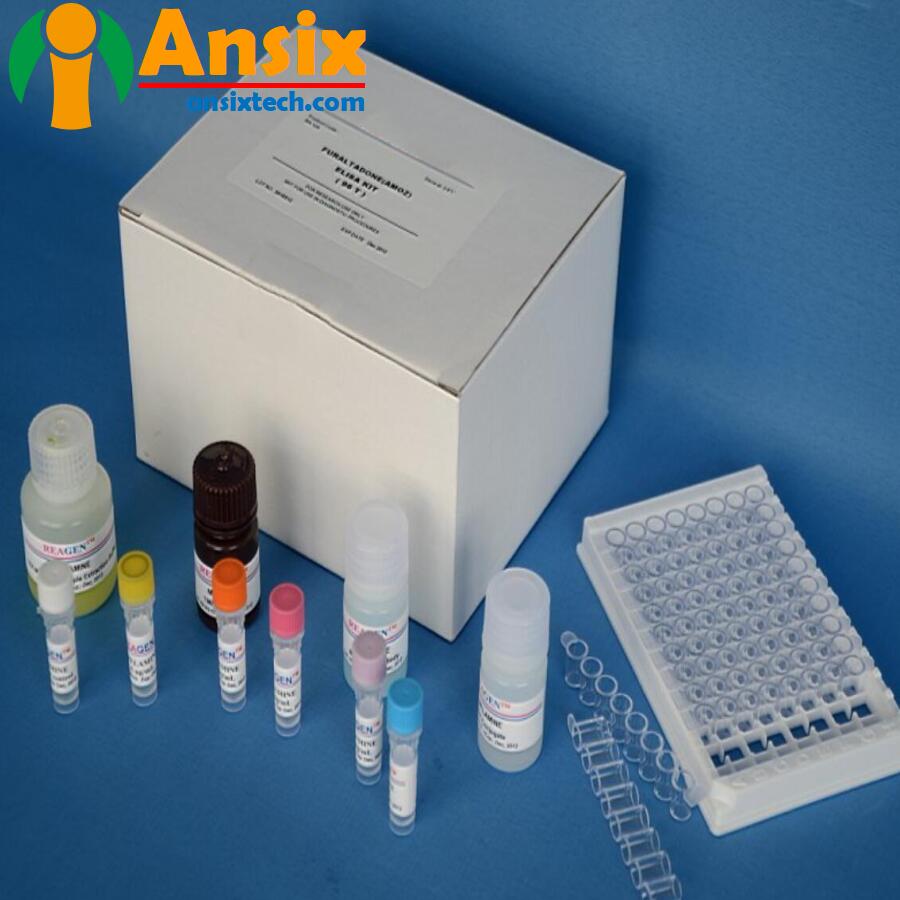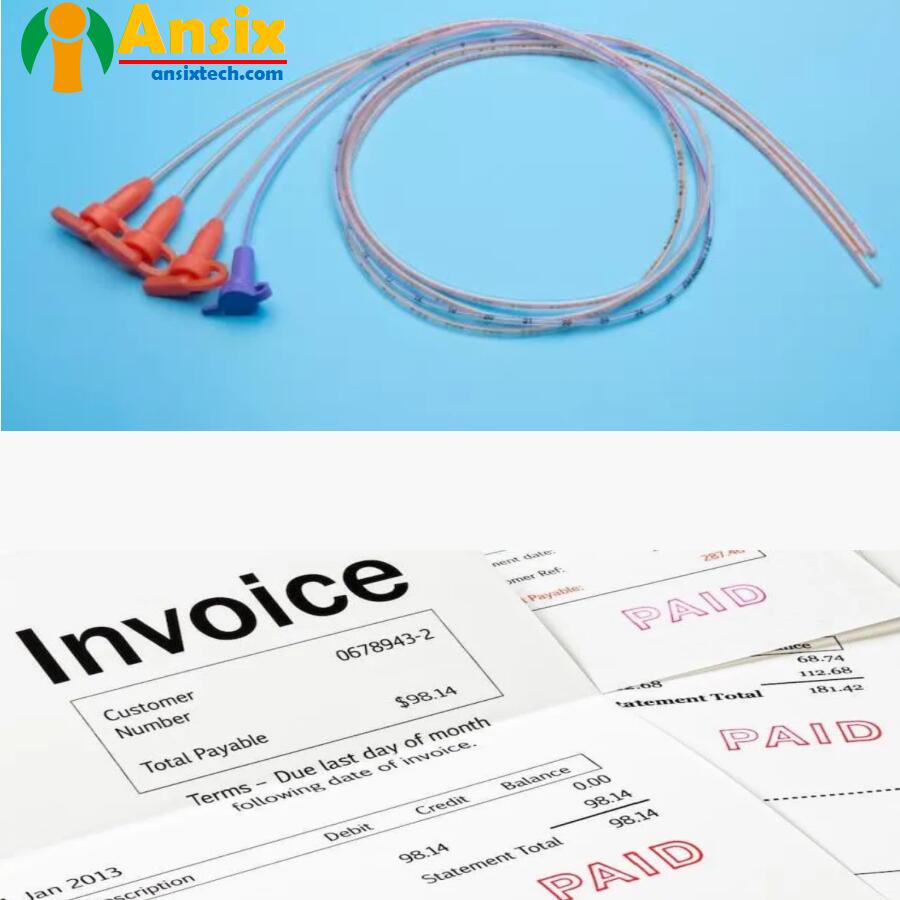Core Mandrel
FEATURES

-
Medical Core Mandrel for AnsixTech
Implants and devices: Medical tube mandrels can also be used in implants and devices to support and fix their structures. It can enhance the stability and pressure resistance of implants and devices, ensuring their safety and reliability in the human body.The functions of the medical tube mandrel mainly include:Structural support: Medical tubing mandrels enhance the structural stability of pipes, chambers, and containers by providing support to prevent them from deforming or collapsing.Pressure resistance: The material of the medical tube mandrel usually has high pressure resistance and can withstand the pressure inside the pipeline to ensure its safe operation.Bending control: Medical tubing mandrels can help control the bending radius of pipes, chambers and containers to prevent excessive stress during the bending process, thereby reducing the risk of rupture or damage.Guiding function: Medical tube mandrels can play a guiding role to keep pipes, chambers and containers in the correct position and direction during installation and use.The design and manufacture of medical tubing mandrels need to be selected and operated according to specific application needs and relevant standards of the medical industry to ensure that they meet the requirements for safe and effective fluid management. At the same time, when using a medical tube mandrel, it needs to be installed and used correctly according to the use environment and requirements to ensure its performance and reliability.Used as a manufacturing aid for braid- or coil-reinforced catheter tubing, our core mandrels feature extremely tight tolerances to maintain consistent diameter and roundness for catheter manufacturing.
-
Medical Core Mandrel
Material selection for medical mandrels often depends on specific application needs and requirements. Here are some common medical mandrel materials:Polyurethane: Polyurethane is a commonly used medical mandrel material with good elasticity and pressure resistance. It can be used to support and secure components such as medical tubing, catheters and chambers.Polyether Ether Ketone (PEEK): PEEK is a high-performance engineering plastic with excellent high temperature resistance, chemical corrosion resistance and mechanical strength. It is often used to manufacture high-demand medical mandrels such as implants and surgical instruments.Polycarbonate: Polycarbonate is a transparent, impact-resistant plastic that is often used to make medical mandrels, such as infusion tubes and endotracheal tubes.Polypropylene: Polypropylene is a commonly used medical plastic with good chemical resistance and mechanical strength. It is commonly used in the manufacture of medical mandrels such as drainage tubes and sample collectors.The production capacity of medical mandrels depends on the manufacturer’s equipment and process capabilities. Different manufacturers may have different production capabilities and can provide medical mandrels in different specifications and quantities according to customer needs. Production capacity is usually related to factors such as the production speed of the equipment, the stability of the process and human resources. 
- PEI acetyl core spoolCore mandrels provide enhanced frictional properties and significantly improved release characteristics resulting in a lower release force for catheter development.Material Options:Premium plain acetalPremium acetal blend with silicone surfaceAcetal or silicone acetal with stainless steel wire reinforcingEconomy versionSpecificationsSizes range from 0.010"–0.250" (0.254 mm–6.35 mm)Finished mandrel tolerances from 0.0005” (0.0127 mm) on small OD mandrel to 0.003” (0.0762 mm) on large OD mandrelHighly consistent diameter, roundness, and smooth surface for easy removalOptional level wind on mandrels >0.070" (1.778 mm)Level winding maximizes the amount of material on the spoolAssists with consistent flow and improved process performance when unwinding the core during the braiding processThe production process of medical mandrels typically involves the following steps:Material preparation: Select suitable medical-grade materials, such as polyurethane, polyetheretherketone (PEEK), etc., and perform material pretreatment as required, such as drying or preheating.Mold design and manufacturing: According to the design requirements of the mandrel, the corresponding injection mold is designed and manufactured. Molds typically consist of two or more mold sections, one of which has the desired mandrel shape.Injection molding processing: The selected medical-grade plastic material is heated to a molten state, and then the molten plastic material is injected into the mold through an injection molding machine. The injection molding machine applies a certain amount of pressure so that the molten plastic fills the cavity of the mold and cools and solidifies in the mold.Demolding and post-processing: After the plastic has cooled and solidified, open the mold and take out the formed mandrel. As needed, perform post-processing operations such as deburring, trimming edges, cleaning, etc.Inspection and quality control: Carry out inspection and quality control on the formed mandrel to ensure that it meets the design requirements and relevant standards of the medical industry. Inspection can include visual inspection, dimensional measurements, physical property testing, etc.Packaging and packaging: The finished mandrel is packaged to ensure its safety and integrity during transportation and storage.During the production process of medical mandrels, it is necessary to strictly comply with relevant standards and regulatory requirements of the medical industry, such as ISO 13485 quality management system and FDA certification requirements. Manufacturers should ensure the quality, performance and reliability of their products to meet the needs and requirements of the medical industry. At the same time, strict quality control and records are required during the production process to ensure product consistency and traceability.

- Quick-Turn Core Mandrel Program at AnsixTech
The customized mandrel plan refers to the plan to customize the production of mandrels according to the specific needs and requirements of the customer. This type of program typically involves working closely with the customer to ensure that the mandrel is designed, manufactured and delivered to the customer’s expectations and requirements.Implementing a custom mandrel program requires the following steps:Customer demand analysis: Communicate and communicate with customers to understand their specific mandrel needs and requirements. This includes the size, material, performance requirements, quantity, etc. of the mandrel.Mandrel design and development: Design and develop the mandrel according to customer needs. This may involve using CAD software for design, selecting appropriate materials and processes, and conducting sample production and testing.Sample confirmation and modification: Submit the designed mandrel sample to the customer for confirmation. Based on customer feedback and requirements, necessary modifications and adjustments are made to ensure that the mandrel meets customer expectations and requirements.
- Production planning and preparation: According to customer orders and requirements, develop production plans and prepare required equipment, materials and human resources. This may involve adjusting production lines, sourcing specific materials and tooling, etc.Production and quality control: Start producing mandrels according to the production plan, and conduct strict quality control and monitoring. This includes inspection, testing and documentation during production to ensure the quality and performance of the mandrels meet customer requirements.Delivery and after-sales service: After completion of production, the mandrel is packaged and delivered according to the customer’s requirements. At the same time, necessary after-sales services such as technical support, repairs and replacements are provided to ensure customer satisfaction and long-term cooperative relationships.The key to the custom mandrel program is close cooperation and communication with the customer. By understanding our customers’ needs and requirements, and carrying out effective design and production, we can provide customized mandrel products that meet our customers’ expectations. At the same time, quality control and after-sales service are also important factors in ensuring customer satisfaction and continued cooperation.To help expedite R&D braided catheter projects, we build and ship acetal core mandrels within 5 days.Size: .015" (0.381 mm) to .220" (5.588 mm) (> .070" [1.778 mm] OD)Can be level wound at the customer’s requestMaterial: Acetal or acetal with silicone blendQuantity: 1000’ (304.8 m) spoolsCustom sizes availableIf you need to customize a mandrel sample, you can follow the steps below:Determine requirements: Clarify the specific requirements for your mandrel sample, including size, material, performance requirements, etc. If you have special requirements or design needs, please communicate with the manufacturer or supplier in advance.Discussion and Validation: Have a detailed discussion with the manufacturer or supplier to ensure they understand your needs and discuss possible design and manufacturing options. During this process, you can ask any questions or concerns and work with them to determine the best solution.Sample Manufacturing and Delivery: Once agreed upon with the manufacturer or supplier, they will begin manufacturing your custom mandrel sample. During the manufacturing process, you can stay in communication with them about manufacturing progress and estimated delivery times.Sample evaluation and confirmation: Once the sample manufacturing is completed, you will receive the sample. Evaluate the sample to ensure it meets your needs and expectations. If modifications or adjustments are needed, promptly communicate with the manufacturer or supplier and make corresponding requests.Please note that fabrication of custom mandrel samples usually requires some time and expense. Carry out full communication and negotiation with the manufacturer or supplier to ensure that both parties have a clear understanding of the sample requirements and delivery time.
contact us
Try Our Problem-solving Injection Molding Services Now
AnsixTech Medical serves you with medical injection molding solutions from design to tooling to material selection and manufacturing. Contact our specialized team and solve your problem now.
ISO 13485 Certified factory
ISO 8 Cleanroom
Robust Expertise for Medical Injection Molding
Advanced mold manufacturing capabilities and plastic injection molding equipment
Quick Response within 12 hours
- If you have any questions about products in the medical field, please send us a message(Email: info@ansixtech.com ) at any time and our team will reply to you within 12 hours.




